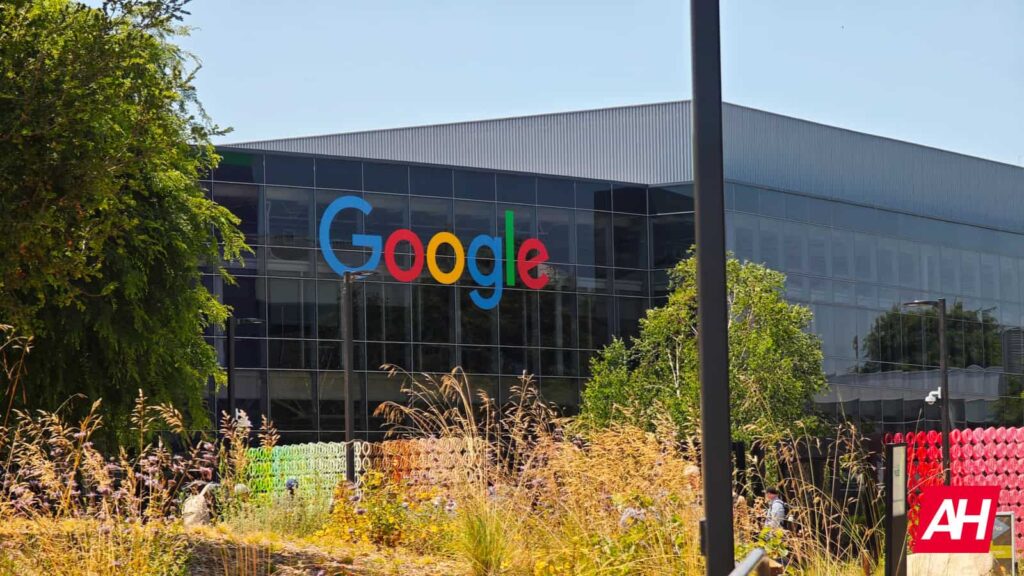AI is a wondrous piece of technology, but it’s far from perfect. Sometimes it cites outdated knowledge, and sometimes it just outright makes it up. This is known as hallucinations, and while it might be a mild inconvenience for some, it could be potentially damaging for others. So much so that Google is now facing a defamation lawsuit over its AI.
Google faces an AI defamation lawsuit
Google is currently facing an AI defamation lawsuit filed by Robby Starbuck. Starbuck alleged that Google’s AI falsely associated him with sexual assault allegations and being a white nationalist. Starbuck had previously sued Meta in a similar lawsuit, although in Meta’s case, the company opted to settle.
However, Google doesn’t appear to be as eager. In fact, Google has filed a motion to dismiss the lawsuit. According to the company, it claims that Starbuck had “misused” developer tools to “induce hallucinations.” Starbuck has yet to identify what prompts he used to generate the outputs that led to the lawsuit. It is also unclear if there were any actual persons who might have been misled by these hallucinations.
Starbuck is seeking $15 million in damages from Google, but if Google is successful with its appeal for dismissal, he would walk away with nothing. Google could easily settle this like Meta, but like we said, the company doesn’t appear to be keen on doing so at the moment.
The problem with hallucinations
While it is unclear what prompted Google’s AI to produce those hallucinations, it does highlight the importance of accepting that AI isn’t always right. Sure, it might have access to a wealth of knowledge, but it doesn’t always make it right.
Sometimes AI is trained on a set of data with a cutoff date. This means that if you ask it for new information after that date, it might get it wrong. Plus, AI almost never admits that it’s wrong. In fact, if you check the AI subreddits, you’ll find a lot of examples of AI models gaslighting users.
We can only hope that with time and as the technology improves, AI will become smarter. But until then, never take an AI’s word as gospel. Just be sure to double-check everything.

